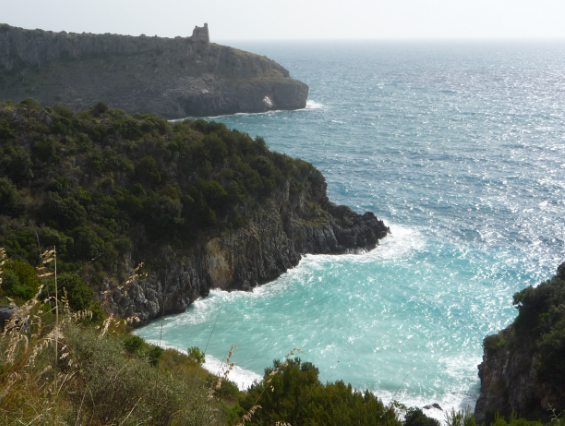COLOMBO (AsiaNews) – Despite the UN’s urging to Sri Lanka in 1996, the indigenous peoples of Sri Lanka, referred to by the Hindi term adivasihave lived marginalized, without rights or constitutional or legislative recognition. Suffering deception from every government. According to Uruwarige Wannila Aththo, head of the community, within the Mahaweli Development Scheme (the largest irrigation-based agricultural development programme in Sri Lanka) has resulted in immense destruction of their habitat. In 1996, the United Nations called on Sri Lanka to respect the rights of indigenous people following a speech by the Chief to the United Nations Working Group on Indigenous Peoples in Geneva; in which he called for the community to be allowed to “return to our traditional land, particularly Maduru Oya National Park”. He also argued for the legal status of the Constitution of Sri Lanka which guarantees the rights of indigenous people.
Moved far from their lands. The displacement of this community away from their native lands and the denial of access to their forests, where they lived in harmony with nature, maintaining age-old customs, traditions, rituals and practices, has led them to face serious challenges. They are unable to return to their self-sufficient lifestyle maintained for generations. Due to the displacement, they have had to abandon their medical knowledge and treatments implemented through a combination of plant and animal substances, ritual treatments and witchcraft passed down orally for generations.
The difficulties of establishing oneself as a citizen. However, the question of whether Adivasis are entitled to a conducive socio-economic and political framework to enjoy these fundamental rights remains valid, as they face more challenges and are more vulnerable than other communities in asserting themselves as equal citizens.
UN recognition. The United Nations has internationally recognized the rights of indigenous peoples throughout the world through the United Nations Declaration on the Rights of Indigenous Peoples (UNDRIP), adopted in New York on 13 September 2007, with a strong call to Member States to provide effective mechanisms for the prevention and redress of actions that have the purpose or effect of depriving them of their ethnic identity, dispossessing them of their lands and resources and discriminating against them on racial or ethnic grounds. According to the fundamental rights enshrined in Chapter III of the Constitution of the country, it is necessary to have “the right to equality, freedom of occupation and freedom of movement”.
The ban on hunting and growing honey. Environmentalists Rajitha Wijesinghe and Dushni Malalasekara, who have been working with the Adivasi community for decades to safeguard the rights of indigenous communities, informed AsiaNews that “in November 1983 the government converted their forest land into Maduru Oya National Park, preventing them from hunting and even collecting bee honey, and pushed them to Mahaweli ‘System C’”. The UN then urged the government to “cease all acts of repression”. “The resolution was sent to the then President Chandrika Bandaranaike Kumaratunga. For 17 years since the adoption of UNDRIP in 2007, Sri Lanka has not been able to adopt a national legal or policy framework to implement the laws. Even the provisions of the Indigenous and Tribal Peoples Convention, 1989 (No. 169) have not been adopted in the legal or policy framework of Sri Lanka”, they stressed.
The Adivasi leader narrates. “I attended the 1996 Geneva Human Rights Conference and presented our problems. At the conference, 136 countries signed in favor of finding solutions to our problems. Since an agreement was signed, I thought things would be fine. The agreement was signed between me and the wildlife conservation authority, which allowed us to fish and hunt with traditional methods in certain watersheds, but did not mention the ‘specified watersheds’. Maahitiya, Ulhitiya, Kadupahara and Kandeganwila are the available watersheds, but we were not informed which of them were accessible because the agreement did not specify. We were deceived and were prevented from accessing these places.”
*Arundathie Abeysinghe – Asianews
#Sri #Lanka #struggle #Adivasis #sedentary #people #fight #rights #recognition
– 2024-09-04 23:44:28


